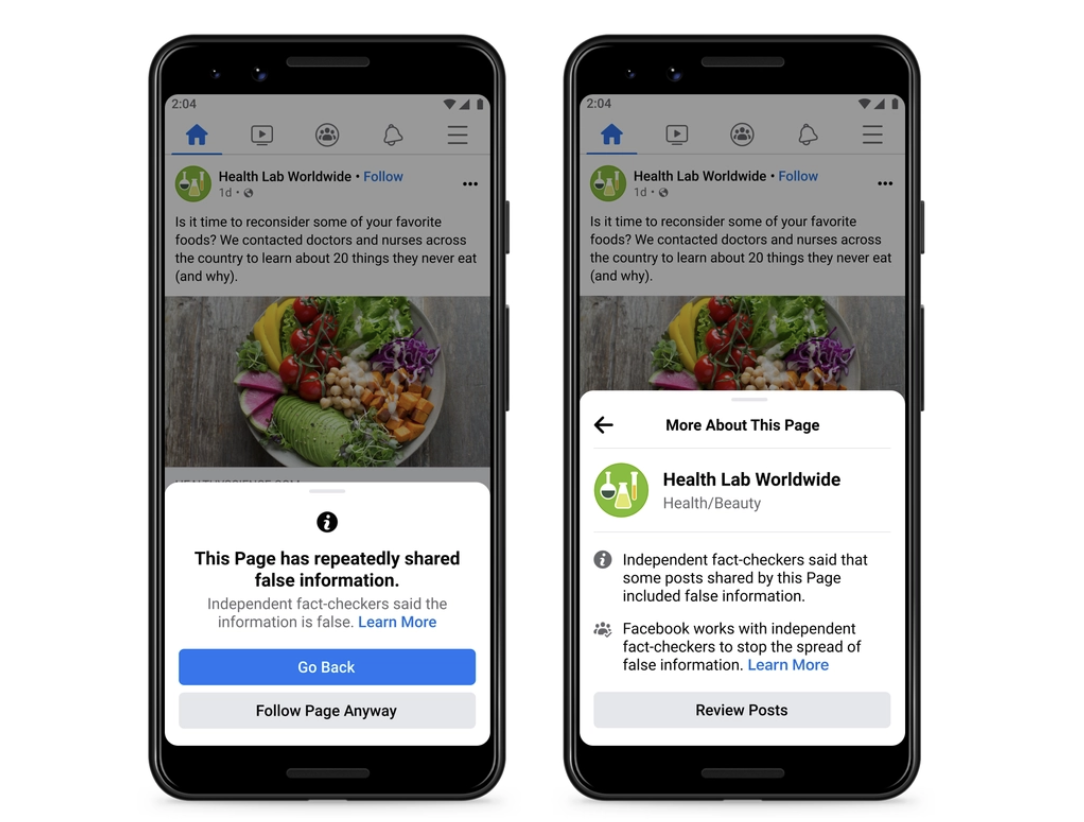
"This is potentially harmful, as these blogs reach such a wide audience" - Christina Sabbagh, the University of Glasgow Stakeholders called to action "We found that the majority of the blogs could not be considered credible sources of weight management information, as they often presented opinion as fact and failed to meet UK nutritional criteria In addition, five influencers did not provide disclaimers and many did not provide evidence-based references to back up their claims. “For example, one influencer had a breakfast of over 1062 kcal and an evening meal recipe of over 1500 kcal - and in their FAQs stated that yes, this plan would help someone lose weight.” Many of the recipes were very high in calories, she continued. “The one with the formal degree in nutrition was the only one to go on to pass the checklist.” “We found that only two of the nine were adequately qualified, and only one had a formal degree in nutrition,” Sabbagh told this publication. The influencer in question is registered as a nutritionist with the UK Association for Nutrition.

Only three suggested recipes that met Public Health England’s calorie targets and traffic light criteria.Five influences failed to provide a disclaimer.Five failed to provide evidence-based references for nutrition claims, or presented opinion as fact.Seven influencers provided nutrition and weight management advice.Public Health England’s ‘One You’ calorie reduction campaign sets calorie reduction targets, and the UK Food Standards Agency’s Traffic Light scheme indicates whether levels of sugar, salt and fat are high, medium or low, based on the amount per 100 g. Meal recipes from each blog were also analysed – looking at energy, carbohydrates, protein, fat, saturated fat, fibre, sugar and salt content – against two UK public health campaigns. Their blogs were then analysed against 12 ‘credibility indicators’, including the aforementioned transparency, use of other sources, trustworthiness, and bias.
#MAY BE SPREADING MISINFORMATION UNDERMINE EFFORTS VERIFICATION#
Required criteria included having more than 80,000 followers on at least one social media platform, blue-tick verification on at least two platforms, and an active weight management blog.

The researchers identified the most popular UK influencers with weight management blogs.

“We also wanted to evaluate the nutritional quality of the meals these influencers were providing on their blogs to check if they were in line with UK nutritional criteria.” Study finds ‘the majority of the blogs could not be considered credible sources’ “Alongside the widespread use of social media in the UK, and people turning to the internet for diet and weight loss advice, we really wanted to find out whether social media influencers weight management blogs could be considered appropriate resources for people trying to lose weight,” she told FoodNavigator. The findings, presented for the first time today (30 April) at the European Congress of Obesity (ECO) in Glasgow, reveal that just one of the nine most popular UK bloggers studied met the researchers’ credibility indicators.Ĭriteria included transparency, evidence-based references, trustworthiness and adherence to nutritional guidance, and bias.Īccording to lead study author Christina Sabbagh, from the University of Glasgow, the research team had noticed an apparent rise in ‘healthy eating’ or weight loss blogs and social media influencers positioning themselves in the weight loss field.


 0 kommentar(er)
0 kommentar(er)
